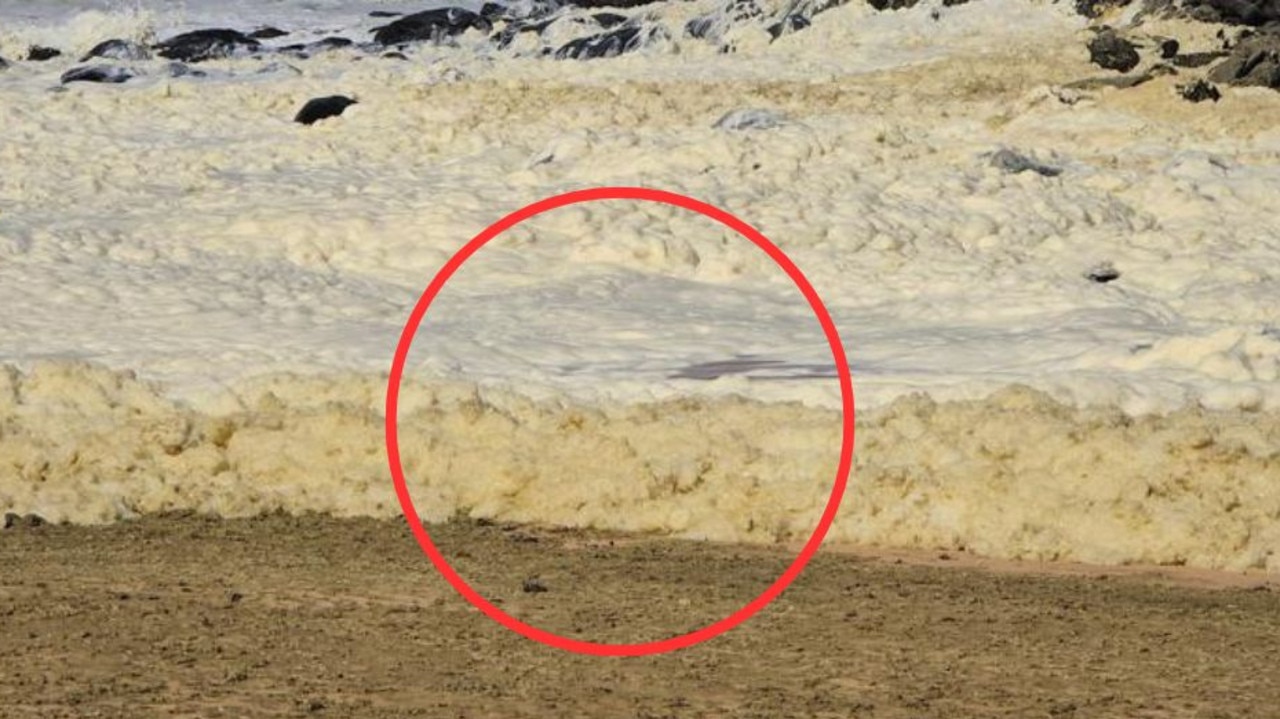More infectious zika virus variant could cause new outbreak
Scientists have found a single mutation that can make zika virus even more dangerous, which they warn the world should be monitoring.
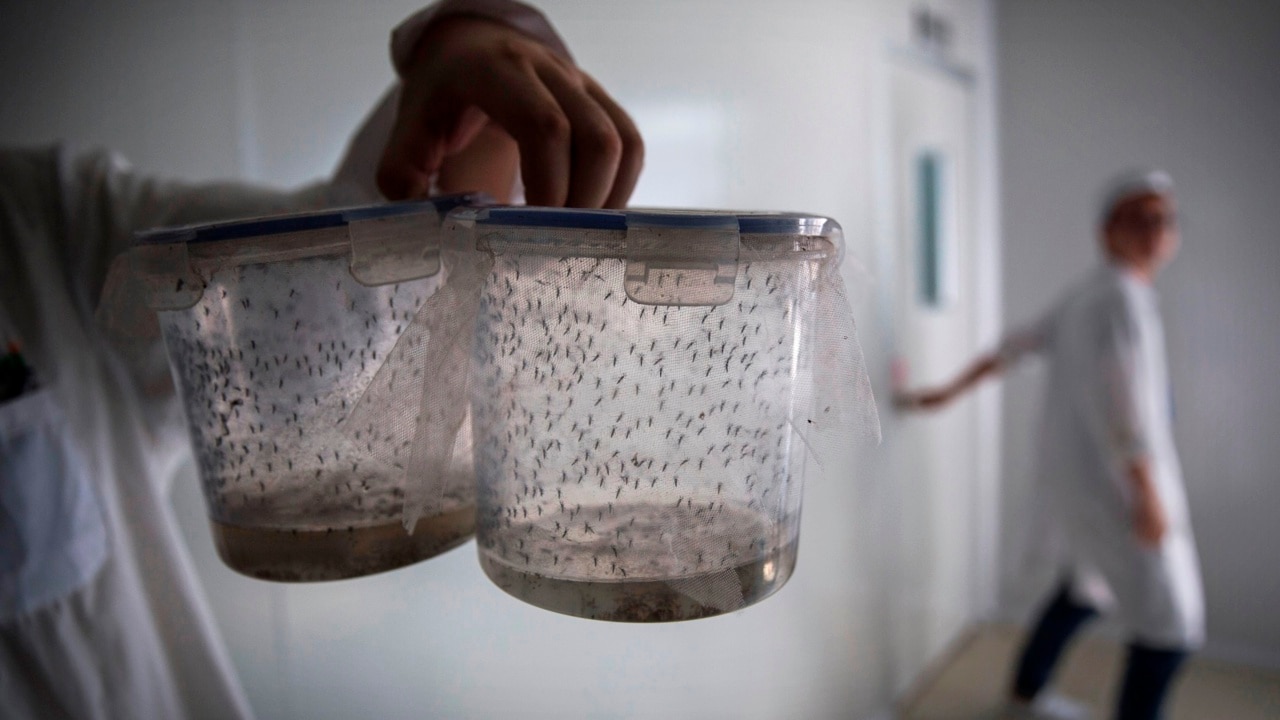
A new outbreak of zika virus is possible, with American researchers discovering a “dangerous mutation” that could make it more infectious.
Zika virus is spread by mosquitoes and for most people is a mild illness, but it can have devastating consequences for babies in the womb when a pregnant woman is infected.
An outbreak in 2015 and 2016, first identified in Brazil, caused thousands of babies to be born with severe birth defects and a range of disabilities.
The outbreak was declared a global public health emergency by the World Health Organisation in February 2016 and remained so until November that year.
There is no vaccine and no treatment for zika virus, according to WHO.
Stream the latest health news with Flash. 25+ news channels in 1 place. New to Flash? Try 1 month free. Offer ends 31 October, 2022 >
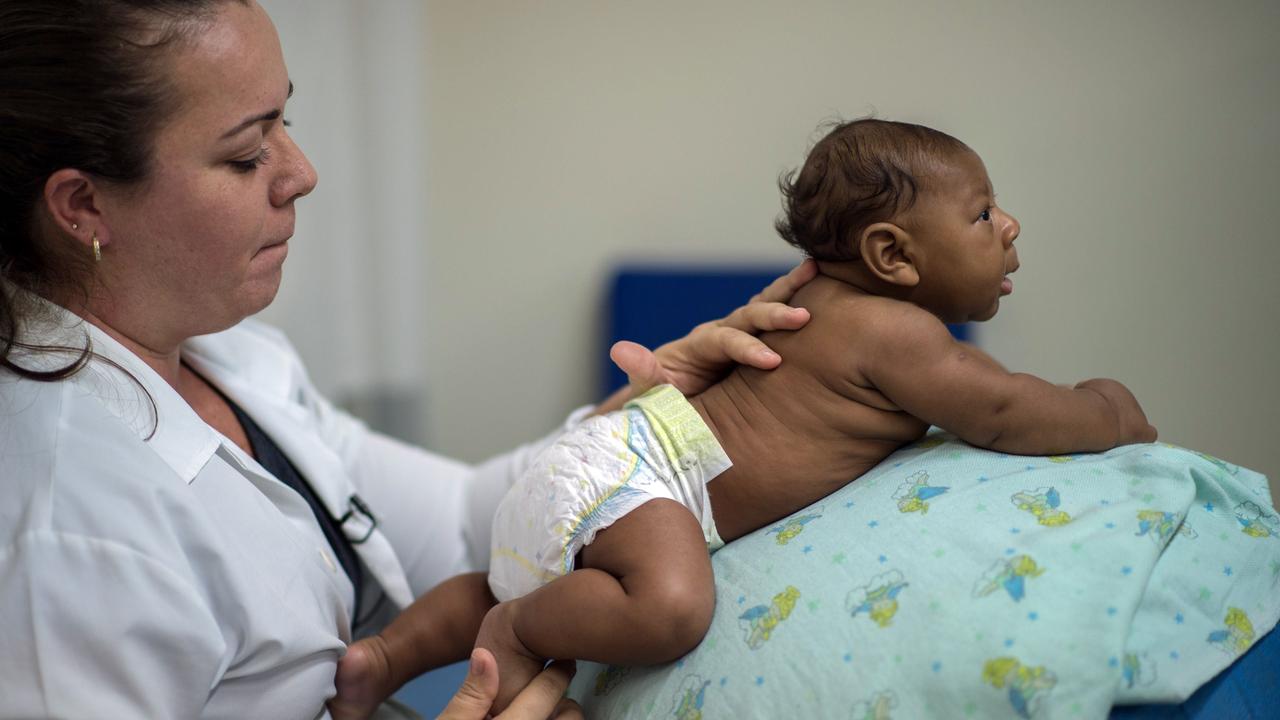
What the researchers found
Scientists at La Jolla Institute for Immunology in the United States have used mice and mosquitoes in a lab setting to see how the virus changes as it is passed back and forth.
They found a mutation of concern, which has the potential to have a big impact.
“This single mutation is sufficient to enhance zika virus virulence,” said Dr Jose Angel Regla-Nava, who was first author on the Cell Reports study, according to Science Daily.
“A high replication rate in either a mosquito or human host could increase viral transmission or pathogenicity – and cause a new outbreak.”
Professor Sujan Shresta, who co-led the study, said the world should monitor the emergence of this new zika virus variant.

The study found it could potentially break through pre-existing immunity, including from a similar mosquito-borne infection called dengue.
“The zika variant that we identified had evolved to the point where the cross-protective immunity afforded by prior dengue infection was no longer effective in mice,” Prof Shresta said.
“Unfortunately for us, if this variant becomes prevalent, we may have the same issues in real life.”
Her laboratory is looking at creating zika vaccines and treatments that counteract the mutation.
Experts have said while it is important to note the findings were theoretical as the research came from laboratory experiments, it shows the potential for variants of concern to emerge in real life.
“We’ve heard so much lately about the rapid evolution and emergence of coronavirus variants, but this is a timely reminder that shapeshifting is a common feature shared by so many viruses,” University of Nottingham Professor of Virology Jonathan Ball told the BBC.
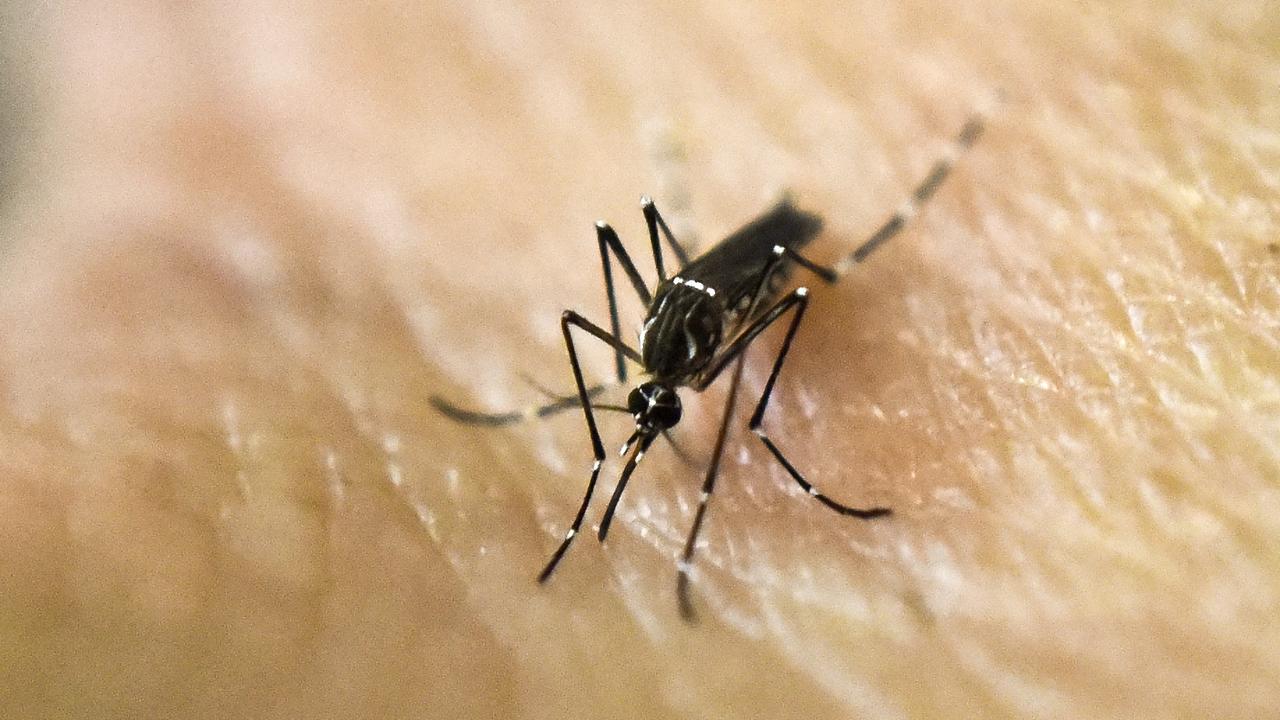
What does it mean for Australia
The good news is, Australia is in a good position when it comes to zika virus.
“Not all mosquitoes are created equal,” Dr Cameron Webb, a medical entomologist with NSW Health Pathology, told news.com.au.
“Certain species transmit certain types of viruses and for viruses like zika, we don’t have those mosquitoes widespread in Australia. They are mostly confined to central and far north Queensland.”
A zika outbreak overseas would mean there is a higher chance of an infected traveller coming back to Australia, which in turn increases the risk of local transmission (a mosquito biting an infected person and then biting another person).
There is also a small risk of human-to-human sexual transmission of the virus.
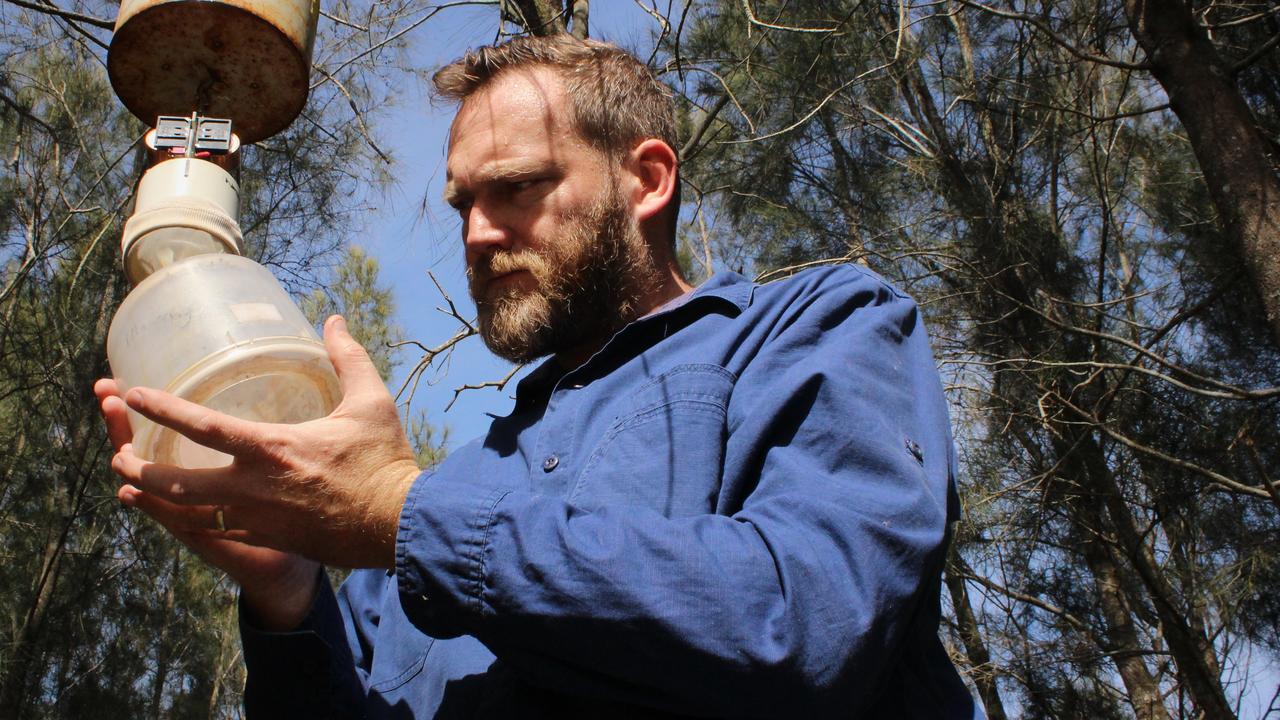
“When we do get big outbreaks in other parts of the world, we’re always at risk travellers are bringing the virus back when they come back to Australia,” Dr Webb said, adding that it also applied to other tropical mosquito-borne viruses like dengue as well.
“These viruses are always more likely to arrive in Australia with an infected traveller rather than a mosquito flying across the oceans or out of an aircraft.”
Dr Webb said our level of risk was also dependant on where the zika outbreak was overseas and how many travellers were moving between the country and Australia.
“In 2016, we didn’t see a lot of cases coming back into Australia because there wasn’t a lot of traveller movement between those countries and Australia, whereas if the outbreak was in Indonesia or the Pacific, that might be a greater risk,” he said.
Dr Webb said Australians should be mindful of mosquito-borne viruses in other countries when travelling, especially if they are not present in Australia.





